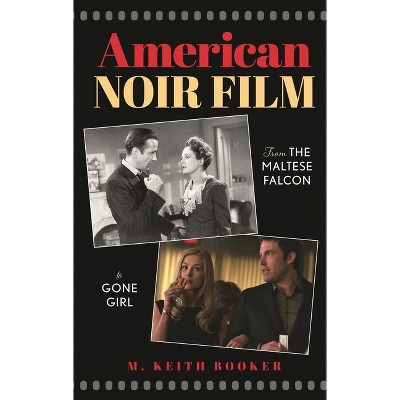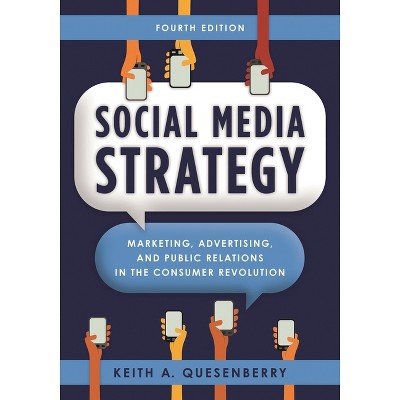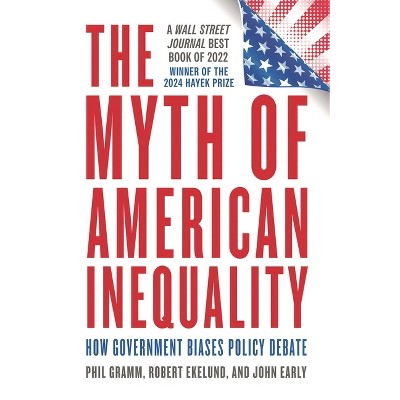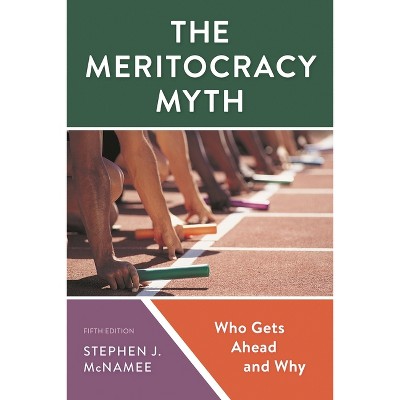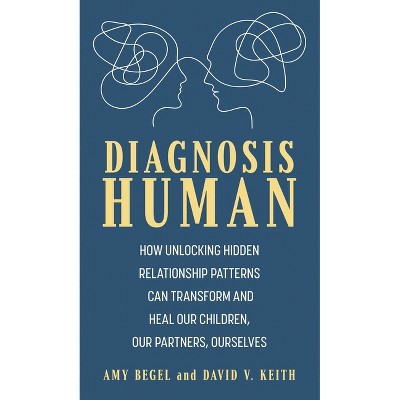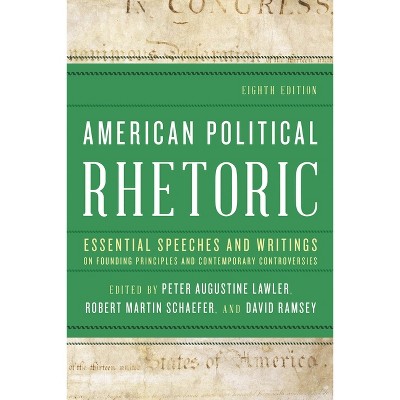Sponsored

Myth of an Afterlife - by Michael Martin & Keith Augustine (Hardcover)
$108.99Save $12.01 (10% off)
In Stock
Eligible for registries and wish lists
Sponsored
About this item
Highlights
- In TheMyth of an Afterlife: The Case against Life after Death, Keith Augustine and Michael Martin collect a series of contributions that provide a strong, comprehensive, and up-to-date casebook of the chief arguments against an afterlife all in one place.
- About the Author: Michael Martin is professor of philosophy emeritus at Boston University.
- 708 Pages
- Religion + Beliefs, Spirituality
Description
About the Book
In The Myth of an Afterlife: The Case against Life after Death, Keith Augustine and Michael Martin collect a series of contributions that provide a strong, comprehensive, and up-to-date casebook of the chief arguments against an afterlife all in one place. Divided into four se...Book Synopsis
In TheMyth of an Afterlife: The Case against Life after Death, Keith Augustine and Michael Martin collect a series of contributions that provide a strong, comprehensive, and up-to-date casebook of the chief arguments against an afterlife all in one place. Divided into four separate sections, this essay collection opens the volume with a broad overview of the issues, as contributors consider the strongest available evidence as to whether or not we survive death--in particular the biological basis of all mental states and their grounding in brain activity that ceases to function at death. Next contributors consider a host of conceptual and empirical difficulties that confront the various ways of "surviving" death--from bodiless minds to bodily resurrection to any form of posthumous survival. Next essayists turn to internal inconsistencies between traditional theological conceptions of an afterlife--Heaven, Hell, karmic rebirth--and widely held ethical principles central to the belief systems undergirding those notions. In the final section, authors offer critical evaluations of the main types of evidence for an afterlife.Review Quotes
[P]hilosophers Keith Augustine and the late Michael Martin took it upon themselves to assemble a team of 29 valiant contributors to attack the afterlife 'myth.' The result is an impressive volume composed of 30 essays, spanning 675 pages and organized in 4 parts.... The Myth of an Afterlife, rather, stays focused on its main mission of dismantling the survival hypothesis, regardless of why humans tend to accept it. Its rigor, relentless argumentation, and careful attention to the evidence and possible objections make it a major and unique contribution to a topic long neglected by scientists. Its main virtue, in fact, is simply to take the idea of the afterlife and its consequences seriously, and see where this leads. Given the current success of neuroscience in establishing the neural basis of consciousness and thought, is it still honest to claim that we simply don't know 'what comes after'? If so, then, one might wonder what exactly the cognitive and brain sciences have been discovering and teaching us all along about the nature of the mind.
As the editors point out, there are plenty of books arguing the case for an afterlife but few that examine the case against. This collection of thirty articles in over 650 pages does just that.... [The articles] hammer home the conclusion that there is absolutely no evidence from neurology that mental functions have any independence from the physical brain, and indeed such an idea when critically examined makes no sense.
Martin and Augustine deserve credit for assembling this wide-ranging group of papers in opposition to belief in an afterlife. For those who agree with them, the collection offers a virtual armory of ready-made weapons. For others, it comprises an impressive assemblage of obstacles that must be overcome or circumvented.
The book is impressively clear, thorough and detailed. It is also forcefully argued. . . .[T]his is an important book, and can be read with profit by believers, if only to remind themselves how formidable the arguments against survival of consciousness can seem to be. It will reinforce the atheistic convictions of its natural audience, and will doubtless encourage young Americans, especially, to disregard the God-talk they hear spouted all around them.
The Myth of the Afterlife is a massive tome explicitly making the case against life after death with 30 chapters in four parts: empirical arguments for annihilation, conceptual and empirical difficulties for survival, problematic models of the afterlife, and dubious evidence for survival. . . .[T]he volume...provide[s] readers with a sophisticated analysis of many arguments related to survival.
This is a hugely needed book. It addresses profound questions that are too seldom answered from a naturalistic point of view and answers them authoritatively yet surprisingly accessibly. In view of its scope and comprehensiveness - and especially because critical books on the afterlife have been so rare - the release of The Myth of an Afterlife is a noteworthy publishing event.
Ultimately, the value of The Myth of an Afterlife lies in its comprehensiveness. It recognizes that '...a volume that focuses on arguments against an afterlife is essential for revealing the full force of the case against life after death, ' and in this capacity, it delivers. For the novice, it serves as an advanced but approachable introduction to the facets and literature of the survivalist-mortalist debate across a wide variety of disciplines, with especially helpful introductions and overviews provided by the editors. For the more advanced scholar, it serves as a reference work, providing convenient summaries and surveys of the literature and studies in addition to the proffered arguments. Lastly, for any intellectually honest survivalist, it is a catalog of the myriad challenges against his or her view that must be neutralized in order to render the view defensible.
Understandings from this text, particularly on cognition, could...further the critical examination of thought processes that accompany discourse on mortality.
What all these papers show is how quickly a range of insurmountable problems arise as soon as implications are drawn out from the unconsidered and cosseted beliefs of those devoted to rebirth and survival. As long as people pick and mix their ideas without acknowledging the logical relations between them, they will wallow in delusions. The arguments in this excellent book should sway the open-minded. It is also bulky enough for self-defence.
About the Author
Michael Martin is professor of philosophy emeritus at Boston University. In addition to more than 150 articles and reviews, he is the author or editor of several books, including The Cambridge Companion to Atheism, Atheism, Morality, and Meaning, and Atheism: A Philosophical Justification.
Keith Augustine is executive director and scholarly paper editor of Internet Infidels (infidels.org), which hosts the popular SecularWeb. He is well known as a skeptic on the question of survival after death. He has published in Skeptic magazine and his work has been the object of discussion in multiple issues of the Journal of Near-Death Studies.Dimensions (Overall): 9.1 Inches (H) x 6.71 Inches (W) x 2.14 Inches (D)
Weight: 2.6 Pounds
Suggested Age: 22 Years and Up
Number of Pages: 708
Genre: Religion + Beliefs
Sub-Genre: Spirituality
Publisher: Rowman & Littlefield Publishers
Format: Hardcover
Author: Michael Martin & Keith Augustine
Language: English
Street Date: March 12, 2015
TCIN: 1004175826
UPC: 9780810886773
Item Number (DPCI): 247-28-8179
Origin: Made in the USA or Imported
If the item details aren’t accurate or complete, we want to know about it.
Shipping details
Estimated ship dimensions: 2.14 inches length x 6.71 inches width x 9.1 inches height
Estimated ship weight: 2.6 pounds
We regret that this item cannot be shipped to PO Boxes.
This item cannot be shipped to the following locations: American Samoa (see also separate entry under AS), Guam (see also separate entry under GU), Northern Mariana Islands, Puerto Rico (see also separate entry under PR), United States Minor Outlying Islands, Virgin Islands, U.S., APO/FPO
Return details
This item can be returned to any Target store or Target.com.
This item must be returned within 90 days of the date it was purchased in store, shipped, delivered by a Shipt shopper, or made ready for pickup.
See the return policy for complete information.







